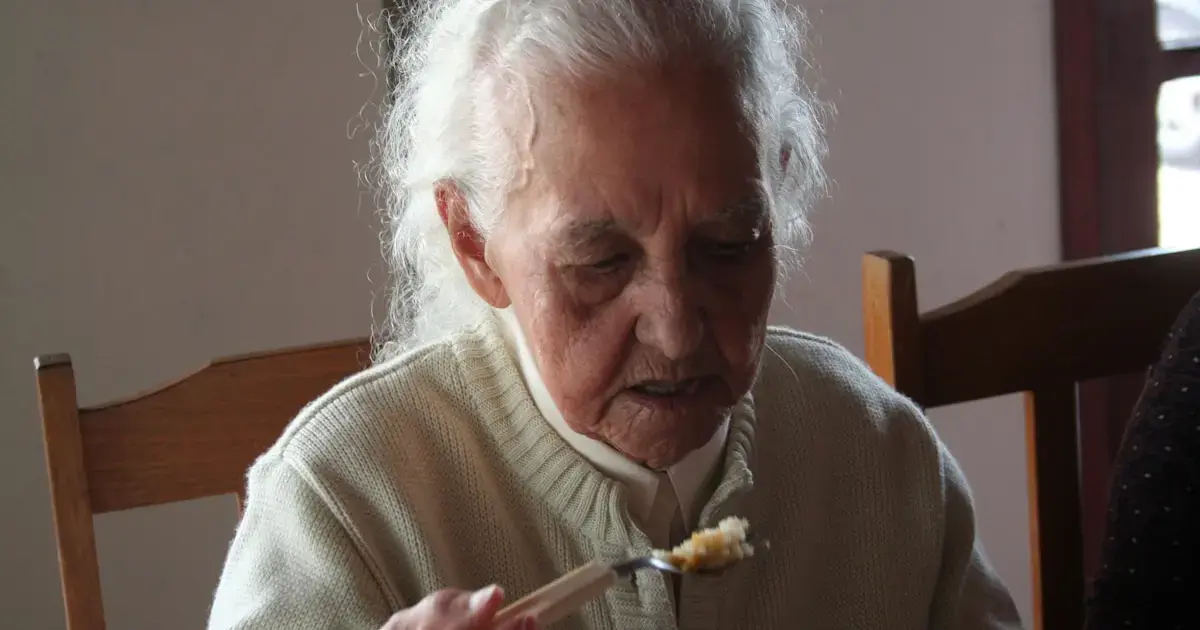 Experts have identified ten early warning signs of —a disease that gradually robs individuals of their memory, emotional control, and cognitive abilities.
Experts have identified ten early warning signs of —a disease that gradually robs individuals of their memory, emotional control, and cognitive abilities.
In the UK, over 944,000 people currently live with dementia, while in the U.S., the number is around 7 million. The most common form remains , which is diagnosed in nearly 60% of patients, according to the Daily Mail.
The Importance of Early Diagnosis
While there are no medications that can completely cure dementia, timely detection allows doctors to slow its progression and give individuals a chance to maintain their quality of life.
Helen Metcalf, one of 450 specialized nurses from Dementia UK, notes, “The brain is an incredibly complex organ. The disease manifests differently in each person. Often, only after a diagnosis does the family realize that the first signals were noticeable long before.”
It’s Not Always About Memory
Professor Jonathan Schott, the chief physician at the Alzheimer’s Research Center in the UK, emphasizes, “Cognition is more than just memory. Some individuals may have good memory but struggle with vision, behavior, or speech.”
He adds that begin many years before symptoms appear, so paying attention to the details can play a crucial role.
Signs to Watch For
According to experts, dementia can manifest in behaviors that a person has never exhibited before. For instance, they may behave in socially inappropriate ways—taking food from others’ plates, forgetting basic etiquette rules, or losing interest in activities they once enjoyed.
Among other concerning signals is a change in dietary preferences. Ms. Metcalf explains, “If a person suddenly starts to dislike certain textures or smells, or frequently experiences a metallic taste in their mouth, this could be an early sign of the disease.”

Unexpected Symptoms Few Know About
There are forms of dementia that affect more than just . For example, frontotemporal dementia (FTD) can lead to sudden cravings for sweets, personality changes, or even increased sexual urges.
“Some patients become uninhibited—they may joke about sexual topics or make inappropriate comments,” says Professor Schott.
Another type, Lewy body dementia (LBD), is associated with coordination problems and visual hallucinations. A person may see things that aren’t there, such as “crumbs on the carpet” or “a shadow in the corner.”

Vision Problems and Nightmares
Another form is posterior cortical atrophy, which is more common in people aged 50 to 60. It affects spatial perception:
“Such individuals often bump into furniture or miss steps that aren’t there,” explains Nurse Metcalf.
Another symptom that specialists advise not to ignore is vivid dreams and increased movement during sleep. This may be the brain’s response to intense dreaming—a phenomenon often observed in the early stages of dementia.
10 Early Warning Signs of Dementia
- Sudden change in sexual drive
- Unusual or socially inappropriate behavior
- Loss of empathy and sense of humor
- Changes in eating habits
- Vivid nightmares
- Hallucinations
- Deteriorating vision
- Bumping into objects
- Changes in speech
- Memory decline
Despite this, experts emphasize that timely examinations and support from professionals can significantly improve the quality of life for those living with this disease.
Photo: Unsplash
